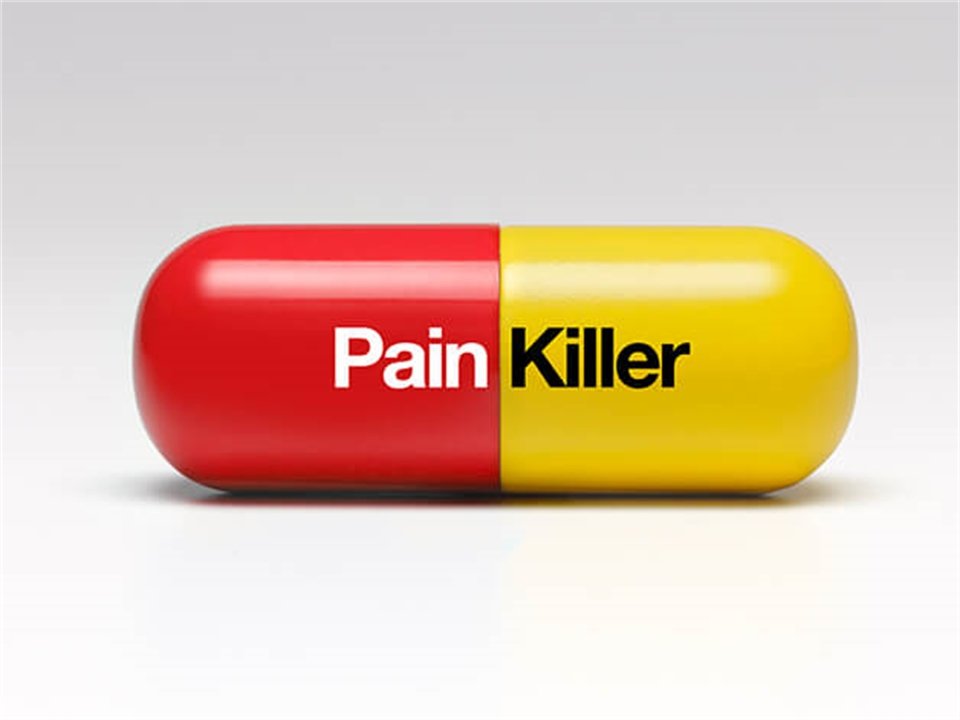Prescribtion
Prescribed medications, also known as prescription drugs, are medications that can only be obtained with a valid prescription from a licensed healthcare professional. These medications are regulated by government authorities to ensure their safety, efficacy, and appropriate use.
Prescription drugs play a crucial role in managing various health conditions and improving overall well-being. They are prescribed for a wide range of medical conditions, including but not limited to:
-
Chronic diseases: Prescription medications are commonly used to manage chronic diseases such as diabetes, hypertension (high blood pressure), asthma, arthritis, and cardiovascular diseases. These medications help control symptoms, prevent complications, and improve quality of life for individuals living with these conditions.
-
Infections: Antibiotics are frequently prescribed to treat bacterial infections such as urinary tract infections, respiratory infections, skin infections, and sexually transmitted infections. Antiviral medications are prescribed for viral infections like influenza and HIV.
-
Mental health disorders: Medications are often prescribed to manage mental health conditions such as depression, anxiety disorders, bipolar disorder, schizophrenia, and attention deficit hyperactivity disorder (ADHD). These medications help stabilize mood, reduce symptoms, and improve overall functioning.
-
Pain management: Prescription painkillers or analgesics are prescribed for moderate to severe pain relief following surgeries, injuries, or chronic pain conditions like cancer-related pain or neuropathic pain.
-
Allergies: Antihistamines and corticosteroids are commonly prescribed to manage allergic reactions such as hay fever (allergic rhinitis), hives (urticaria), and allergic asthma.
-
Hormonal imbalances: Medications like hormonal contraceptives (birth control pills), hormone replacement therapy (HRT), and thyroid hormones are prescribed to regulate hormonal imbalances in conditions like polycystic ovary syndrome (PCOS), menopause, hypothyroidism, or hyperthyroidism.
-
Gastrointestinal disorders: Prescription medications are used to manage gastrointestinal conditions such as acid reflux (GERD), peptic ulcers, irritable bowel syndrome (IBS), inflammatory bowel disease (IBD), and constipation.
-
Autoimmune diseases: Medications like immunosuppressants and disease-modifying antirheumatic drugs (DMARDs) are prescribed to manage autoimmune diseases such as rheumatoid arthritis, lupus, multiple sclerosis, and psoriasis.
-
Respiratory conditions: Inhalers and other respiratory medications are prescribed for conditions like asthma, chronic obstructive pulmonary disease (COPD), and cystic fibrosis to improve breathing and reduce symptoms.
-
Cancer treatment: Chemotherapy drugs, targeted therapies, immunotherapies, and hormone therapies are prescribed for various types of cancer to kill cancer cells or inhibit their growth.
Prescription medications can be classified into different categories based on their therapeutic use, mechanism of action, chemical structure, or route of administration. Some common categories include:
-
Analgesics: These medications relieve pain and can be further classified into opioids (e.g., morphine), nonsteroidal anti-inflammatory drugs (NSAIDs) (e.g., ibuprofen), and adjuvant analgesics (e.g., antidepressants used for neuropathic pain).
-
Antimicrobials: These medications fight against microorganisms such as bacteria (antibiotics), viruses (antivirals), fungi (antifungals), or parasites (antiparasitics).
-
Antidepressants: These medications are used to treat depression and may also be prescribed for anxiety disorders, obsessive-compulsive disorder (OCD), or chronic pain.
-
Antihypertensives: These medications help lower blood pressure in individuals with hypertension or high blood pressure.
-
Antidiabetic drugs: These medications help manage blood sugar levels in individuals with diabetes and can be further classified into oral antidiabetic drugs, insulin, or other injectable medications.
-
Anticoagulants: These medications prevent blood clot formation and are commonly prescribed for individuals at risk of thromboembolic events or those with certain heart conditions.
-
Antipsychotics: These medications are used to manage symptoms of psychosis, such as hallucinations or delusions, in conditions like schizophrenia or bipolar disorder.
-
Anticonvulsants: These medications help control seizures and are prescribed for epilepsy, neuropathic pain, or mood disorders.
-
Hormonal therapies: These medications include hormonal contraceptives (e.g., birth control pills), hormone replacement therapy (HRT), or medications used in the treatment of hormonal imbalances.
-
Immunomodulators: These medications modify the immune response and are prescribed for autoimmune diseases, organ transplantation, or certain cancers.
It is important to note that prescription medications should only be taken under the guidance of a healthcare professional. They may have potential side effects, drug interactions, and contraindications that need to be considered. It is crucial to follow the prescribed dosage and instructions provided by the healthcare provider to ensure safe and effective use.
Top 3 Authoritative Reference Publications or Domain Names Used in Answering this Question:
- National Institutes of Health (NIH) – www.nih.gov
- U.S. Food and Drug Administration (FDA) – www.fda.gov
- World Health Organization (WHO) – www.who.int


